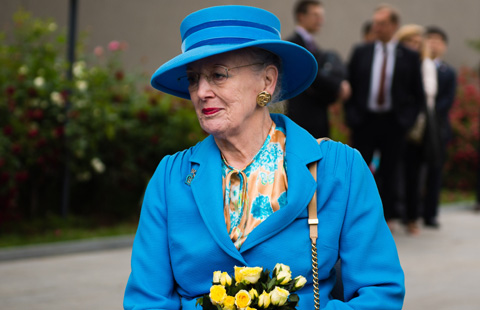Better Internet governance
Updated: 2014-04-30 07:33
(China Daily)
|
|||||||||||
A series of non-obligatory international norms promoted at a recent Internet conference in Brazil will be helpful to the establishment of global Internet governance, but it remains urgent that some specific rules be worked out to ensure cyberspace is not used as a means for some countries to target others.
The United States National Security Agency's PRISM program disclosed by the Edward Snowden has aggravated the concerns of countries worldwide about cyberspace security and accelerated the push for better Internet governance.
In March, the US government announced that it will turn over the Internet Corporation for Assigned Names and Numbers, known as ICANN, which manages the core functions of the Internet, to a "global multi-stakeholder community". This, if implemented, would be a positive step toward improving global Internet governance. Nevertheless, the better management of cyberspace depends more on how to build a safe, open, equitable and orderly network environment for countries across the world, says an online article of People's Daily.
For the better governance of the Internet, the UN Charter and the universally recognized norms of international relations should be abided by, and the cyberspace sovereignty of each country, including the laws, regulations and policies each country has adopted regarding the Web should be respected.
All countries should be empowered to manage their information facilities and conduct Internet activities within their territory in accordance with their laws, and their information resources should be free from any external threats.
An Internet governance framework should also be built on the principles of tolerance, equality and extensive participation from multiple parties. All countries, big or small, rich or poor, should be allowed to participate in Internet governance and equally share the opportunities brought by booming information technologies. The making of relevant Internet standards, rules and policies should be based on openness, transparency and fairness, and developed countries should help developing ones to develop their network technologies.
And while enjoying their own Internet rights and freedom, countries should not compromise the information freedom and privacy of other countries.
To promote better Internet governance, the voices of all countries should be respected and their coordination is needed to make cyberspace rules acceptable to all.
(China Daily 04/30/2014 page8)
Related Stories
Mobile Internet conference attracts hundreds to Chengdu 2013-09-26 15:57
China Internet Conference 2013 opens in Beijing 2013-08-14 10:18
Global Mobile Internet Conference 2013-05-03 08:33
Forum of China Internet Conference focuses on new model of web marketing 2012-08-10 15:53
Today's Top News
Philippine pact gives US access to air, sea bases
Hunt resumes for bodies inside ferry
Ukrainian mayor wounded by gunfire
Alibaba IPO: Could be the biggest ever
Russia assures US it won't invade Ukraine
Japanese state minister visits Yasukuni shrine
Policeman's fake IDs spur investigations
Driver kills seven in E. China
Hot Topics
Lunar probe , China growth forecasts, Emission rules get tougher, China seen through 'colored lens', International board,
Editor's Picks

|

|

|

|

|

|





